
Erin Garcia de Jesús is a staff writer at Science News. She holds a Ph.D. in microbiology from the University of Washington, where she studied virus/host co-evolution. After deciding science as a whole was too fascinating to spend a career studying one topic, she went on to earn a master’s in science communication from the University of California, Santa Cruz. Her writing has appeared in Nature News, Science, Eos, Smithsonian Voices and more, and she was the winter 2019 science writing intern at Science News.

Trustworthy journalism comes at a price.
Scientists and journalists share a core belief in questioning, observing and verifying to reach the truth. Science News reports on crucial research and discovery across science disciplines. We need your financial support to make it happen – every contribution makes a difference.
All Stories by Erin Garcia de Jesús
- Animals
Climate change could threaten monarch mass migration
Suitable milkweed habitat in Mexico may shift south, fracturing existing migration routes and possibly pushing some butterflies to stay put.
-
 Life
LifeAn African monkey ate a rope squirrel and came down with mpox
Fecal analyses and necropsies suggest a fire-footed rope squirrel was the source of a 2023 mpox outbreak among sooty mangabeys in Côte d’Ivoire.
-
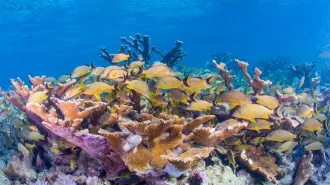 Ecosystems
EcosystemsFood chains in Caribbean coral reefs are getting shorter
Shorter food chains could mean reefs are less able to weather changes in food availability, threatening an already vulnerable ecosystem.
-
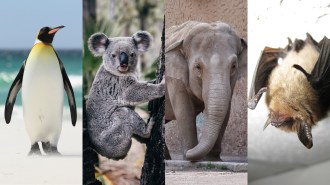 Animals
AnimalsSome vaccines are making progress in protecting vulnerable species
Vaccines can be a crucial conservation tool. But getting shots to wildlife, and developing them in the first place, is tough.
- Animals
This tool-using cow defies expectations for bovine braininess
Veronika the cow uses a brush as a tool to scratch herself, revealing rare problem-solving skills and expanding what we know of tool use in animals.
-
 Earth
EarthSome of 2025’s scientific discoveries broke records
Longest lightning, the first AI-generated genomes and biggest black hole smashup were among this year’s top science superlatives.
-
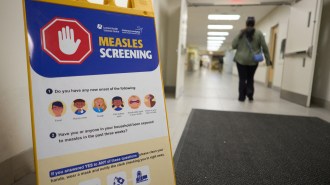 Health & Medicine
Health & MedicineCanada just lost its measles elimination status. Is the U.S. next?
Canada has had more than a year of continuous measles transmission. The United States has until January to limit cases before losing status.
-
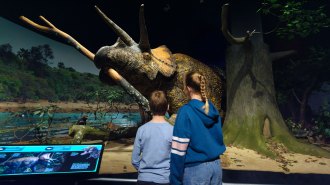 Life
LifeA new dinosaur doomsday exhibit showcases survival after destruction
The American Museum of Natural History’s “Impact: The End of the Age of the Dinosaurs” examines how an asteroid impact shaped life as we know it.
-
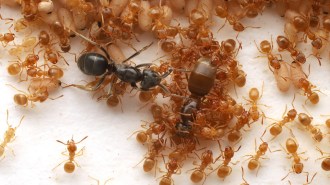 Animals
AnimalsThis parasitic ant tricks workers into committing matricide
Newly mated parasitic queen ants invade colonies and spray their victims with a chemical irritant that provokes the workers to kill their mother.
-
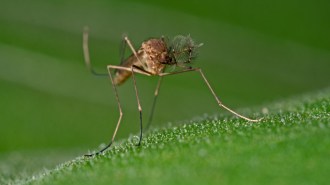 Animals
AnimalsMosquitoes infiltrated Iceland. Will they survive the winter?
Mosquitoes have reached Iceland, a place once thought too harsh for them to survive. Climate change may play a role in this shift.
-
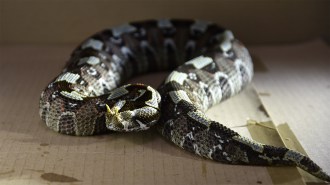 Animals
AnimalsWhich venomous snakes strike the fastest?
Vipers have the fastest strikes, but snakes from other families can give some slower vipers stiff competition.
-
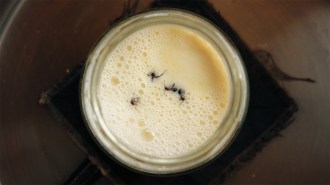 Microbes
MicrobesTo make a tasty yogurt, just add ants (and their microbes)
Spiking milk with live ants makes tangy traditional yogurt. Researchers have identified the ants' microbial pals and enzymes that help the process.